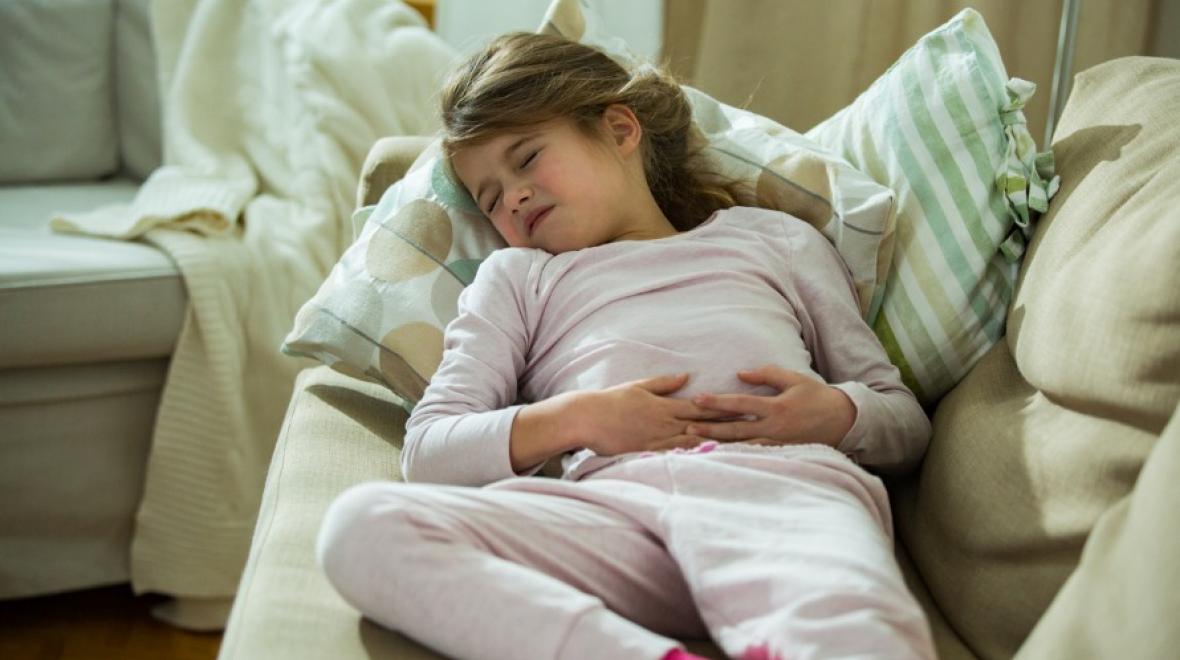
‘Tis the season for norovirus, as several Washington state school communities have recently learned. Norovirus outbreaks are common, especially during November through April. The virus that causes the illness spreads easily and quickly, often infecting multiple family members, roommates or classmates in short order.
When you hear someone talking about food poisoning, a stomach bug or “stomach flu,” they’re often talking about norovirus. And no, the stomach flu is not influenza, so the flu vaccine will not prevent stomach flu. Read on for some quick facts and advice about coping with norovirus.
This post was originally published on the Seattle Children's website
Facts about norovirus
- Norovirus is an unpleasant but generally well-tolerated illness. Most children and adults do fine getting over norovirus without medicine or visits to the doctor, but it’s known to be more dangerous for infants and the elderly. It is the leading cause of outbreaks of stomach flu each year. It tends to cause 1–3 days of sudden-onset vomiting, diarrhea, stomach upset and/or fever and achiness. The biggest risk is severe dehydration.
- Vomiting and diarrhea typically come on suddenly, so it seems like “food poisoning.” In truth, about half of “food poisoning” is caused by norovirus contamination, but we can get it from food prepared by someone with the virus, contaminated food or surfaces we touch. Outbreaks occur in enclosed places such as cruise ships, day cares and nursing homes where people live in close quarters. Most common foods where norovirus comes into our bodies is raw oysters, leafy greens and fresh fruit.
- You’re most contagious with norovirus on the day you’re vomiting and/or having diarrhea or stomach upset and for the subsequent 3 days. The virus is in your vomit and diarrhea, and can live on surfaces that you touch with contaminated hands for days. The virus can stay in your and your baby’s stool for up to 2 weeks after you’re sick. You can even get norovirus from particles that get aerosolized into the air from vomit when it hits a surface.
What to do about norovirus
- Prioritize hydration:
The biggest health risk from norovirus is dehydration. Your primary goal is to stay hydrated for the 1–2 days of vomiting and diarrhea. When you and your children are ill, take slow sips of fluids throughout the day to keep hydrated. Don’t give them a sippy cup or water bottle full at first — often a big amount of liquid at once will come right back up! Think spoonfuls.
- There is no perfect prevention:
You can’t prevent norovirus with a vaccine or antibiotic. Your best defense is thorough hand washing. Always wash hands before handling, preparing or eating food, and after using the toilet or changing diapers.
- Wash with soap and water:
Use soap and water after cleaning up after your children’s vomit or when they have accidents. Norovirus isn’t killed off by hand sanitizer. You have to wash your hands with water and soap to be the safest. Watch this video for how to clean up vomit or diarrhea to prevent spreading the virus.
- Don’t prepare food:
One of the biggest ways that norovirus is transmitted is through contaminated food. Don’t prepare food while you’re ill or for 3 days afterward.
- Sanitize your home:
Use an affordable disinfecting bleach solution after vomiting and diarrhea strikes. It’s easy to make with bleach from the grocery store. Mix between 5–25 tablespoons of bleach in 1 gallon of water. Use this bleach water solution (it’s cheapest) for cleaning the bathroom, counters and toys. Don’t hesitate to mix it up and re-clean the day after you or your child has improved, as your/their stool will likely still contain some of the very contagious virus particles. Wash all clothes in the long-washing cycle and then use a dryer to further kill potential virus that remains.
- When to see the doctor:
If your child is having severe pain that causes them to double over or yell out in pain, it likely isn’t norovirus. See the doctor if your child isn’t making good tears, isn’t making a wet diaper every 6 hours or not peeing. If your child reports feeling dizzy when they stand up, call your child’s clinician for advice or a possible visit to rule out dehydration.











